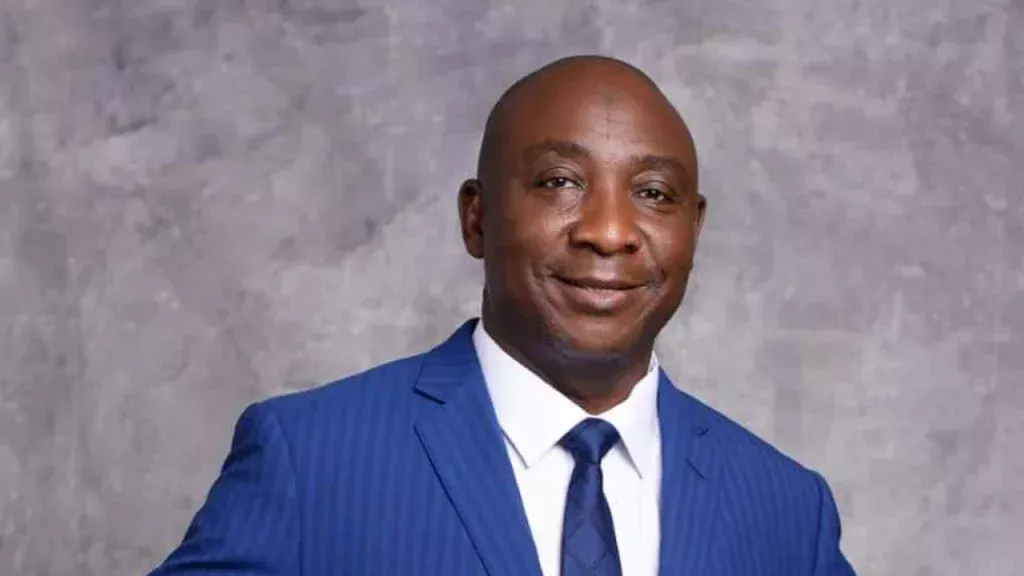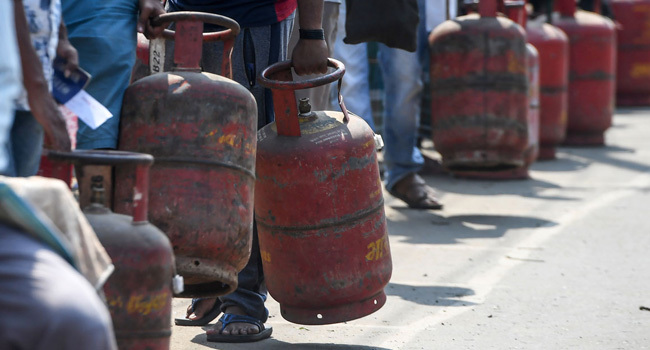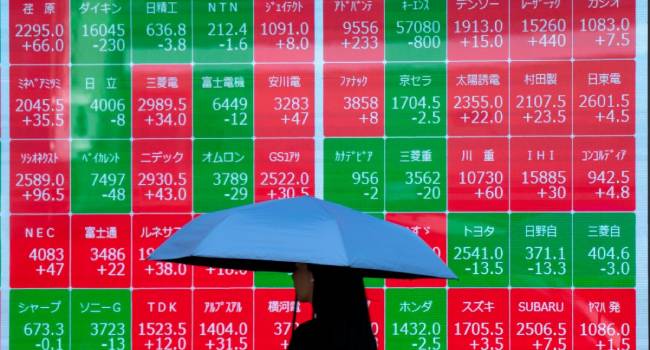The Supreme Court has scheduled a hearing for March 13, 2024, for a suit that was filed in 2008 by the Attorney General of Lagos State against the Federal Government regarding the control and regulation of the gaming and lottery sector.
The seven-man panel of justices, led by Justice Kudirat Kekere-Ekun, fixed the date during a resumed sitting on Monday.
The Attorney General of the Federation and the National Assembly are cited as the first and second defendants respectively, while the Attorneys General of 34 other States have been joined as defendants at the Supreme Court since November 15, 2022.
While the apex court panel unanimously deemed all the processes filed out of time by the defendants as duly and properly filed, Ekiti state was also allowed to join as a co-Plaintiff in the suit in 2020.
Legal representation for the various parties included Bode Olanipekun SAN for Lagos State Government, and Adetunji Osho for Ekiti state, while the Federal Government was represented by Innocent Daa’gba and the National Assembly by Ifeanyi Mrialike.
Notably, there was no legal representation for Kwara state, and the Supreme Court ordered Jigawa and Kaduna State Governments to resolve the issue of legal representation before the next hearing date.
Justice Kekere-Ekun advised that all the state governments on one side should present a common argument in accordance with their respective interests to save the court’s time on the hearing date.
Furthermore, Innocent Daagba, representing the Federal Government, stated that processes and submissions had been filed since 2020 and have been regularised by the court, clearing the way for the hearing of the matter.
It is important to recollect that on Aug.15, 2022, the Federal Government won a case against Lagos and other States on the issue of multiple regulations in the gaming sector initiated by the Bookmakers association of Nigeria. This was due to complaints about paying multiple taxes and licensing fees to States and the Federal Government.
Despite the Federal High Court ruling in favour of the Federal Government, there continues to be ongoing bickering regarding multiple taxation and regulation between bookmakers and State Governments.
Following a series of conflicting judgements, the Plaintiffs have now sought intervention from the Supreme Court, presenting numerous declarations and orders pertaining to the regulation and control of lottery activities in Nigeria.
These include declaring the limitations of the National Assembly’s authority to make laws regarding lottery, as well as seeking nullification of certain sections of the National Lottery Act CAP N145, Laws of the Federation of Nigeria.
As the Supreme Court prepares to finally hear this long-drawn case, it remains a matter of keen interest and significance for all involved parties.
NAN



